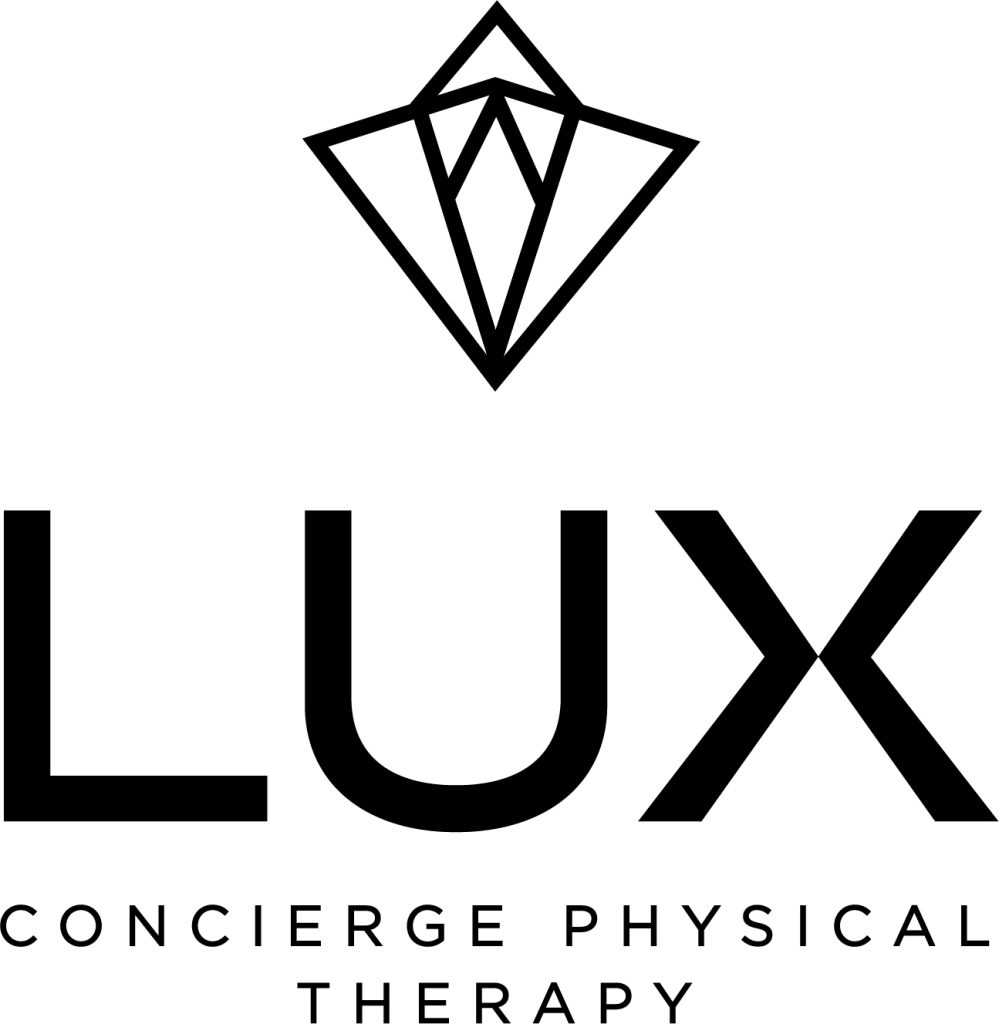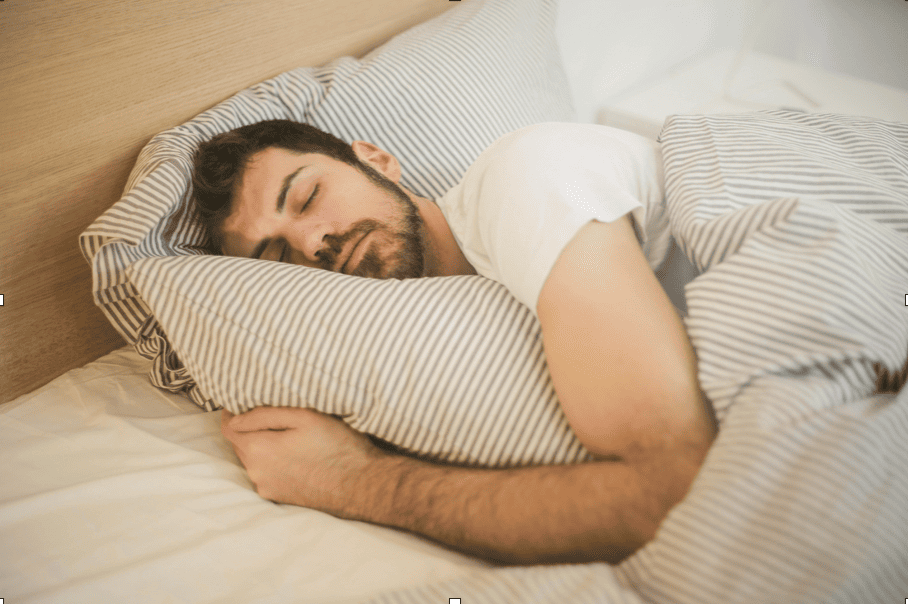Quality sleep is essential for overall health and well-being, playing a crucial role in the body’s recovery process. However, many people struggle with sleep issues, which can hinder their physical rehabilitation. At LUX Concierge Physical Therapy, we emphasize individualized care through 1-on-1 sessions, never double booked, to provide personalized solutions. In this blog post, we explore the importance of sleep in the recovery process and how physical therapy can enhance sleep hygiene and quality.
The Importance of Sleep in Recovery
Sleep is a vital component of the body’s healing process. During sleep, the body repairs tissues, builds muscle, and strengthens the immune system. Lack of quality sleep can slow down recovery, increase pain sensitivity, and lead to a decrease in overall physical and mental health. Poor sleep can also impair cognitive function, mood, and energy levels, making it difficult to adhere to rehabilitation programs.
Learn more about the importance of sleep and recovery from trusted experts at the Sleep Foundation.
How Physical Therapy Can Enhance Sleep
Addressing Pain and Discomfort
One of the primary ways physical therapy can improve sleep is by addressing pain and discomfort. Chronic pain or injury-related discomfort can significantly disrupt sleep patterns. Through targeted exercises, manual therapy, and pain management techniques, physical therapists can help reduce pain, making it easier for patients to fall asleep and stay asleep.
To better understand the differences between pain types, read about chronic vs. acute pain and how it impacts sleep and recovery.
Improving Relaxation and Stress Reduction
Physical therapy incorporates relaxation techniques and stress reduction strategies, which are essential for promoting better sleep. Techniques such as deep breathing exercises, progressive muscle relaxation, and gentle stretching can help calm the mind and body, preparing you for a restful night’s sleep.
Physical therapy is also crucial for athletes recovering from injuries, as explored in sports injury rehabilitation.
Enhancing Mobility and Flexibility
Improving mobility and flexibility through physical therapy can contribute to better sleep. Stiffness and lack of movement can lead to discomfort and restlessness during the night. A tailored physical therapy program can address these issues, ensuring that your body is more comfortable and relaxed when it’s time to sleep.
In addition to improving sleep, proper nutrition and physical therapy play a crucial role in your recovery journey.
Establishing a Sleep-Friendly Routine
Physical therapists can provide guidance on establishing a sleep-friendly routine. This includes advice on creating a comfortable sleep environment, maintaining a consistent sleep schedule, and incorporating physical activity into your daily routine. For additional tips on improving sleep hygiene, check out this guide on sleep habits by the CDC. Regular exercise, a key component of physical therapy, has been shown to improve sleep quality and duration.
For seniors, incorporating technology can greatly improve outcomes, as discussed in how technology enhances physical therapy for older adults.
Restore Your Health with LUX Concierge Physical Therapy
At LUX Concierge Physical Therapy, we understand the critical connection between sleep and recovery. Our personalized physical therapy programs are designed to alleviate pain, enhance relaxation, and improve overall physical well-being, contributing to better sleep hygiene and quality.
Restore optimal body functioning and health with LUX Concierge Physical Therapy. Dr. Jordan Dubow can offer a personalized physical therapy program to alleviate pain and improve overall physical well-being. Schedule a consultation now.
Don’t let poor sleep hinder your recovery. Contact us today to schedule your consultation and discover how our dedicated 1-on-1 sessions can help you achieve better sleep and optimal health.

